I agree with the answer above but would like to provide more depth. Assuming n is even, we have:

To upper bound this, we use the upper bound of Stirling's Approximation in the numerator and the lower bound in the denominator (e.g. we want the largest numerator and smallest denominator). This will give us the upper bound:

We then distribute the exponent in the denominator to get:

Cancel out  , move
, move  from denominator to numerator and simplify; we get:
from denominator to numerator and simplify; we get:

Follow the same process with the lower bound, put Stirling's approx upper bound in the denominator, and lower bound in the numerator. This will yield:

We then know it's lower bounded by some constant times  and it's upper bounded by another constant times
and it's upper bounded by another constant times  .
.
Thus, we conclude its asymptotic growth is  .
.



 , move
, move  from denominator to numerator and simplify; we get:
from denominator to numerator and simplify; we get:

 and it's upper bounded by another constant times
and it's upper bounded by another constant times  .
.